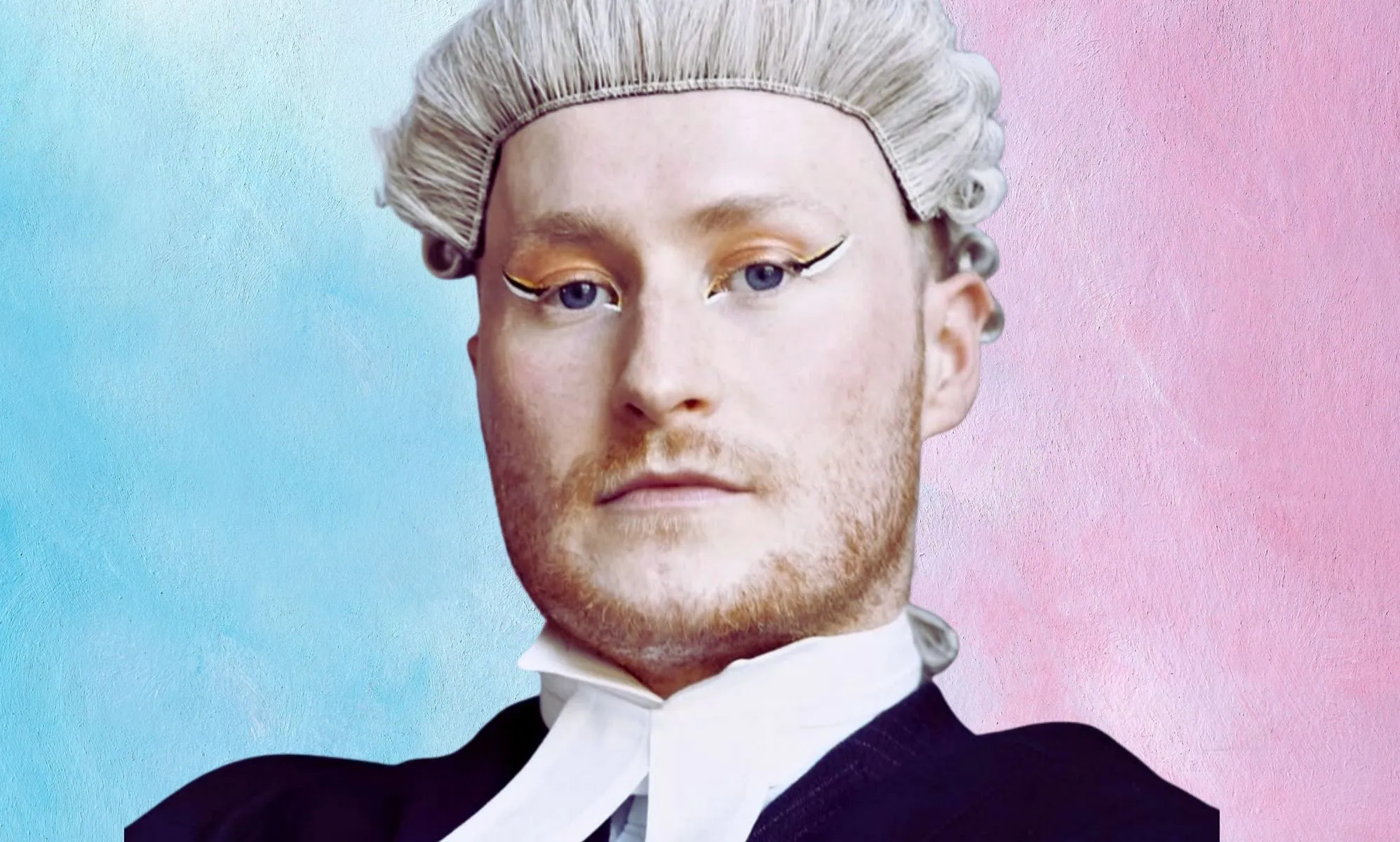
""A general rule [of equality law] is that you must not discriminate against someone," they said. "Say if we're talking about service provision in gyms, under Section 29 [of the 2010 Equality Act], you must not discriminate against anyone and that applies for services. "You then have what's called the carve-out, or an exception, to the rule, which in this case is single-sex spaces, which is Schedule 3 of the Equality Act. That says in some circumstances, having a separate or single-sex space can be justified. "Now, the Supreme Court has said, 'OK, well, a single-sex space means a space for biological sex,' but""
"The ruling, delivered in April, deemed that the 2010 Equality Act's definition of sex referred to "biological sex" and its definition of a woman related to a "biological woman.""
"In his ruling opinion, Lord Justice Patrick Hodge urged caution in reading the judgement as "a triumph of one or more groups in our society at the expense of another," while emphasising that trans people still have protection under the law."
The Supreme Court ruled in FWS v Scottish Ministers that the 2010 Equality Act's definition of sex refers to "biological sex" and that a woman is a "biological woman". Lord Justice Patrick Hodge urged caution about treating the judgment as a triumph by one group over another and emphasised that trans people retain legal protections. The Equality and Human Rights Commission has updated its code of practice on single-sex service provisions in ways expected to exclude trans people from gendered facilities consistent with their gender identity. Barrister Oscar Davies argues that organisations may have misconstrued the ruling and that equality law still prohibits discrimination, with Schedule 3 providing a narrow carve-out for justified single-sex spaces under Section 29.
Read at PinkNews | Latest lesbian, gay, bi and trans news | LGBTQ+ news
Unable to calculate read time
Collection
[
|
...
]